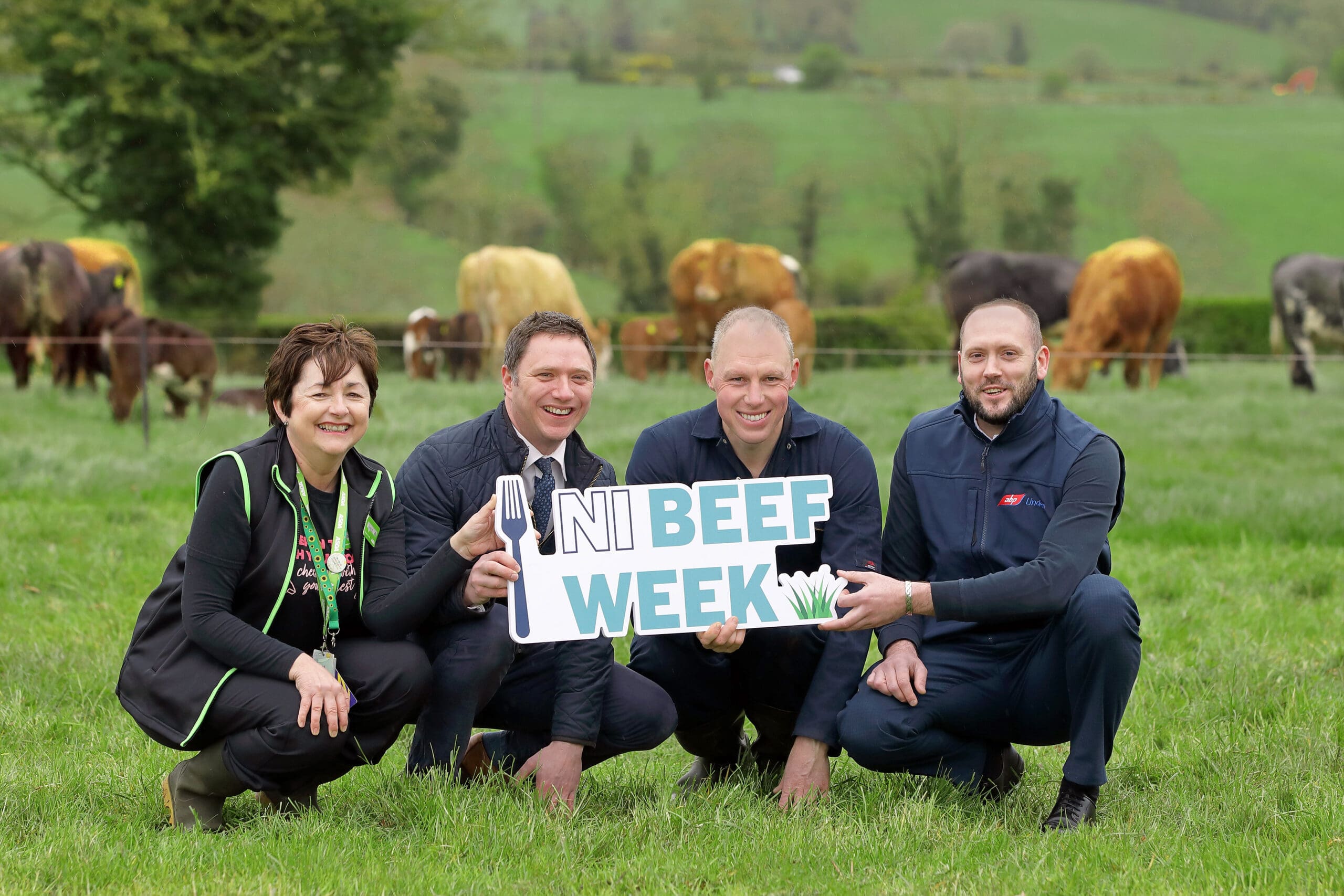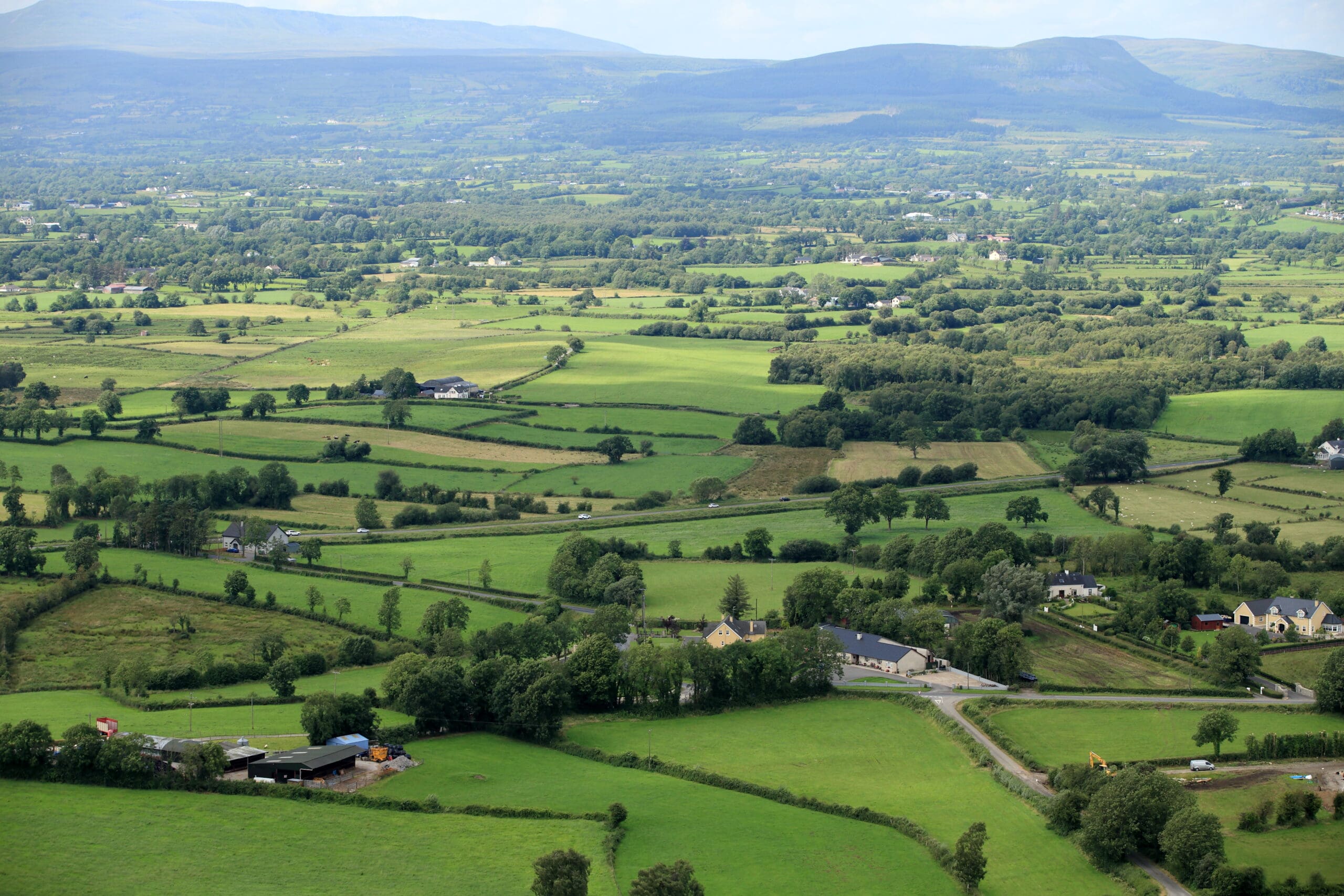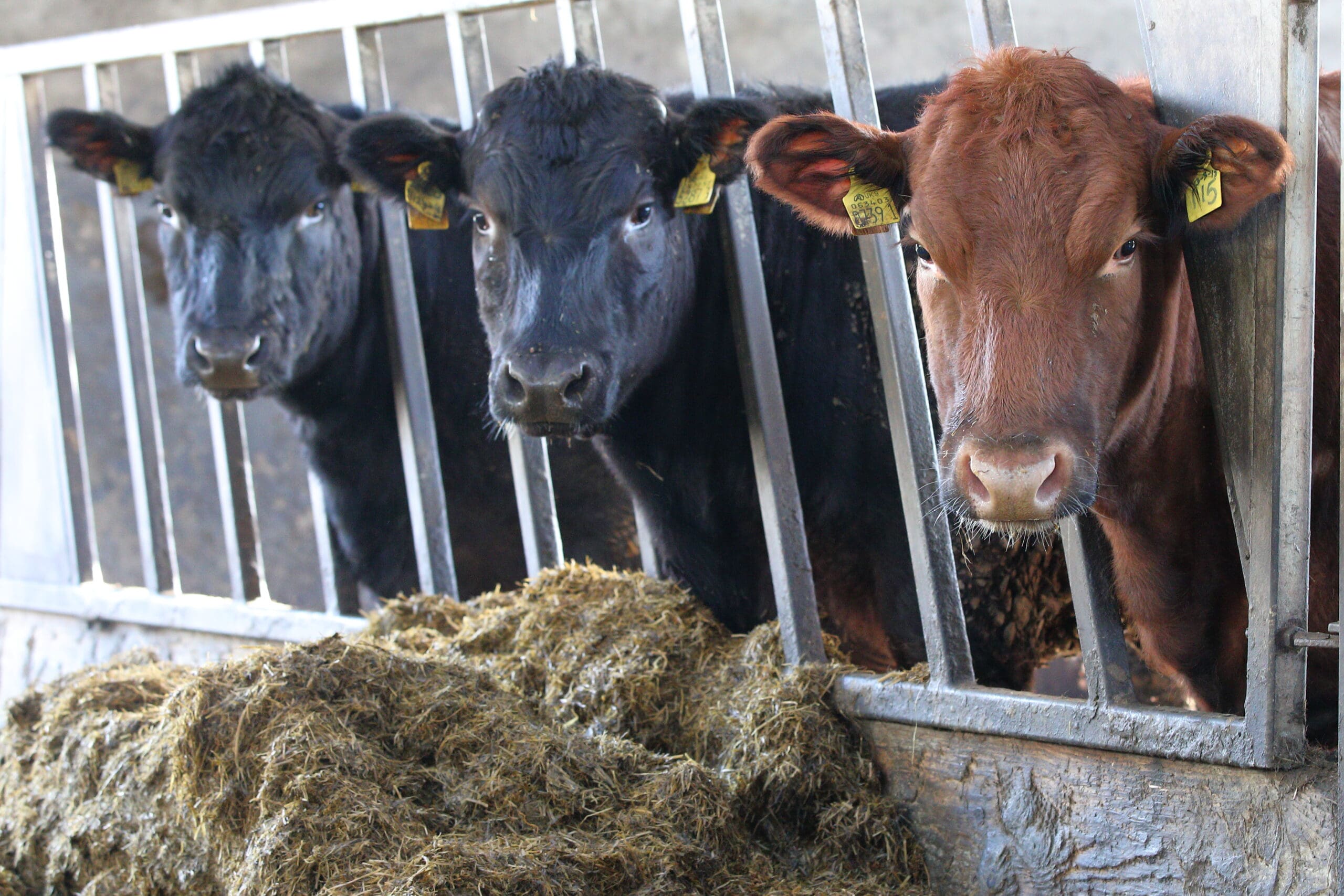Ulster Farmers’ Union President Harry Sinclair has welcomed the news that there will be no transfer of funding from Pillar 1 (Direct Support) to Pillar 2 (Rural Development) under the next Common Agricultural Policy (CAP) for Northern Ireland. This decision has resulted in Northern Ireland being the only region of the UK to have a zero rate of transfer with England announcing it will transfer a rate of 12% between Pillar 1 and Pillar 2, Scotland 9.5% and Wales 15%.
UFU President Harry Sinclair said; “The UFU’s historic position was for no transfer of funds between Pillar 1 and Pillar 2. However, in order to support specific farmer targeted schemes, such as an Area of Natural Constraint Scheme and a scheme to support Northern Ireland’s vulnerable suckler cow industry we agreed that some funds might need to be transferred. This decision was made at our Executive meeting in December as we finalised our position on the implementation of future CAP Direct Support.
“However, now that there will be no money transferred from Direct Support into the Rural Development pot, it is essential that the necessary funding is made available from within the future Northern Ireland Rural Development Programme (NIRDP) budget itself to fund important farmer targeted schemes like these. The EU requirement is for a minimum of 5 per cent of this budget to be spent on the wider rural ‘Priority Six’ measures and the UFU, in our response to DARD’s earlier consultation on Northern Ireland’s 2014-2020 Rural Development Programme, had clearly outlined our position that no more than this amount should be used for these measures.”
Harry concluded; “The UFU fully recognises and supports the need for the provision of adequate services in rural areas but this has got to be delivered through funding from other NI Government Departments and local Councils. They have a responsibility to ensure that rural dwellers are not disadvantaged as had been agreed under the NI Executive’s ‘Rural White Paper’. Instead they are taking the option of using NIRDP funding as a substitute.”




